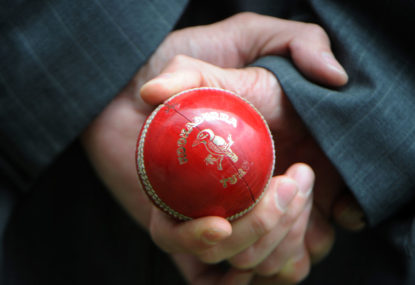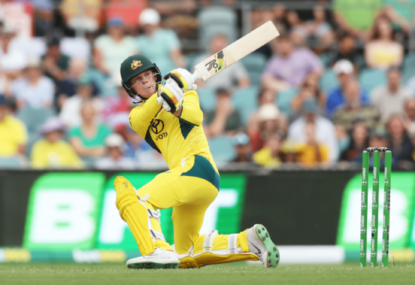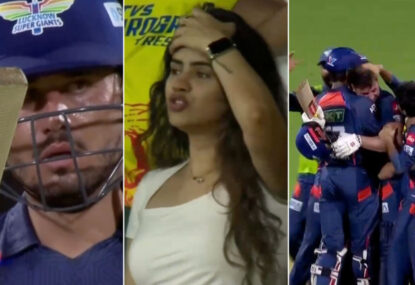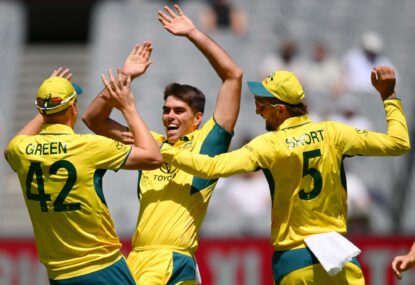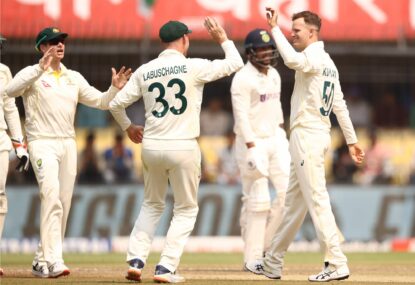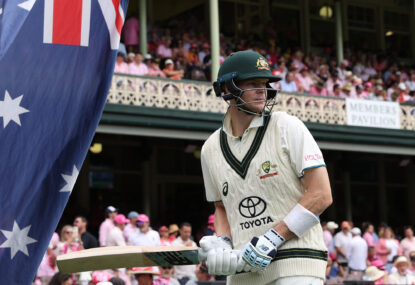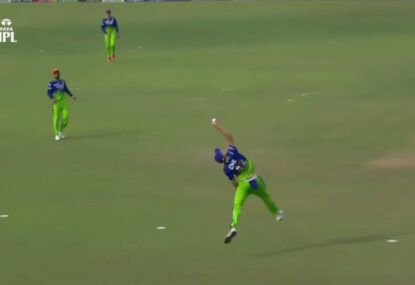The 1970s and the 1980s were the ‘radio days’ for the cricket lovers of the subcontinent.
Live coverage in TV was minimal and the satellite channels hadn’t entered the skies of Asia yet. From 1978, I became a regular follower of Indian cricket thanks to ‘AkashBani’; the Indian radio.
The commentary would come from the ground-relayed via Delhi- and I would join at the Agartala or Calcutta station. During the drinks break, there would be the famous ad ‘Washing Powder Nirma’.
Thanks to Akashbani I managed to follow the Indian cricket at the time with great interest. I followed the gradual decline of the great Indian spin force. Kapil Dev arriving in the international scene; and Dilip Vengsarkar finding his feet in Test cricket. I also enjoyed Gavsakar’s heroics- for a losing cause- at Karachi and Vishwanath’s fighting ton at MCG.
The commentary would come in Hindi and English. But things would be different for the Test match at the Eden Gardens, Calcutta. There the commentary would be in Bangla; and it would come directly from the ground-no relaying from Delhi required.
Ajay Bose would normally welcome the listeners from the ground on a bright, sunny winter morning. There were Pushpen Sarkar and others. But the biggest attraction without doubt was the voice of Kamal Bhattacharya; known simply as Kamal-Da.
He was the senior member of the group and being a former first class cricketer; he was the expert in the group. He was already into his sixties; and hence was old enough to be my grandparent; but just like everyone else I knew him as Kamal-Da.
Test matches at the Eden Garden at the time were a genuinely big occasion. There would be 80,000 people at the ground everyday and millions would follow the game in the radio. Most of the time the Test would take place during the Christmas-New year holiday period; thus ensuring plenty of time for people to show their love for the game.
The pitches at the Eden Gardens at the time were used to be very slow and low. The ball would normally turn from the third day; but it would be slow turn and a spinner would need to show all his guiles and use his variations to make inroads into the opposition batting line up. In this scenario things often became slow but not always boring. In fact, it was never boring when Kamal-Da was on the microphone.
Slow pitches meant there were lots of drawn Tests; but quite remarkably three consecutive drawn Test matches came very close to producing results. In the 1978-79 season, India just fell short of one wicket against the West Indies. Left arm seamer Karsan Ghavri ran through the Windies lower order with the second new ball, but the last wicket pair of Sewdat Shivnarine and Sylvester Clarke defied the Indian spinners in fading light.
This Test match had special significance for the Calcutta crowd because this was the first appearance at the Eden Gardens as an Indian player for Kapil Dev; the new star of Indian cricket. Kapil took only two wickets in the match but showed his typically aggressive batting as the Eden garden crowd witnessed an unseasonal storm early on the second morning.
The first days play saw India finish at 225/8. In form Sunil Gavaskar scored 107; but there wasn’t enough support for him. Kapil started the second day 0* but completed his fifty in about an hour. His 61 came from just 62 deliveries with nine fours and one massive six before he was bowled by off spinner Derick Parry.
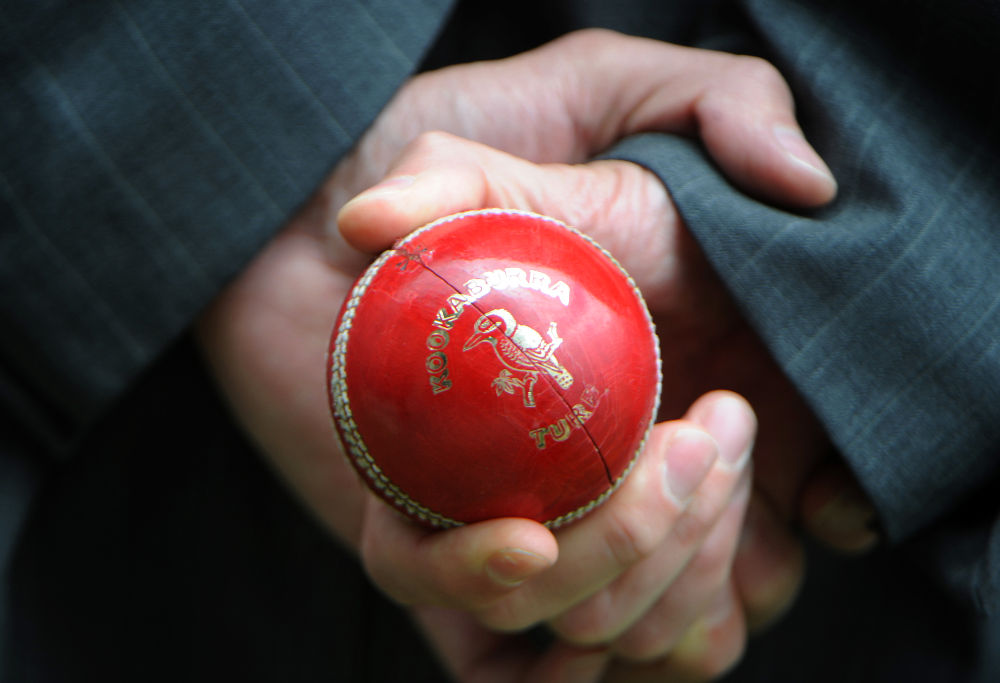
(AAP Image/Joe Castro)
This innings made Kapil a hero in the eyes of the Calcutta kids; who started calling him ‘The Guru’.
During the ten minutes break between the innings; Kamal-Da gave his verdict on Kapil’s innings. These were the words of wisdom from a highly experienced person. He was full of praise for the bravado of the young man; and at the same time he criticised Kapil’s rash of blood which cost him his wicket.
The Test against Australia in autumn saw a sensational start as Andrew Hilditch fell for a duck in the very first over, caught behind off Kapil. But a fine hundred from Graham Yallop and useful contribution from others led an Aussie recovery. Kim Hughes’ sporting declaration on the final day very nearly backfire. India finished 200/4 when bad light stopped play, just 47 runs short of the target.
All the commentators were critical of the batsmen at the wicket; Yashpal Sharma (85*) and MV Narasimha Rao for accepting the bad light offer from the umpires with 22 deliveries still to go.
Later in the season, the Ind-Pak Test saw three days of dull cricket; but then a brave declaration by the Pak skipper Asif Iqbal ensured an exciting finish although at the end there wasn’t enough time for a result in the match.
Going back to the Australia Test; Kamal-Da must have felt nostalgic while doing the commentary; because it was against an Australian team, decades ago that he made his first class debut. It was a December morning of 1935, the venue the Eden Gardens; as a 20-year-oldKamal Bhattacharya made his first class debut.
This was not the main Australian team, that team was in SA. It can’t even be called an ‘A’ team because along with some youngsters, the team included Bert ironmonger (aged 53) and Charlie Macartney (49).
The skipper Jack Ryder was 46 and there were other 40 plus members in the team. Anyway young Kamal, a medium pacer and right hand bat, made his first calls debut against them playing for Bengal.
His biggest moment in first class cricket came during the 1938-39 season, as he was a part of the Bengal side that won their first ever Ranji Trophy title, beating a strong South Punjab team.
Batting first at the Eden gardens; the home team could only manage 222; Amir Elahi and Lala amaranth doing the damage. In reply; the visitors scored 328; astonishingly skipper Wazir Ali alone scored 222*.
Kamal-Da took 5/100 with Amarnath as his big scalp. The game changed as Bengal scored 418 in their second innings. The Punjab batting collapsed in the fourth innings; skipper Longfield, with the help of the other bowlers restricted them to 134 all out.
Overall Kamal-Da played 35 first class fixtures until 1947; and captained Bengal once. In 1938 he toured England with a team called ‘Rajputana’. It was a long tour; but the matches were not classified as first class.
But all his achievements as a player are overshadowed by his success as a coach and a commentator. Since his commentary was in Bangla; he didn’t became world famous like Tony Cozier or Brian Johnston, but for millions of listeners of Calcutta station. He was the voice of wisdom; the voice of age.
For decades he was the grand old man of Bengal cricket.
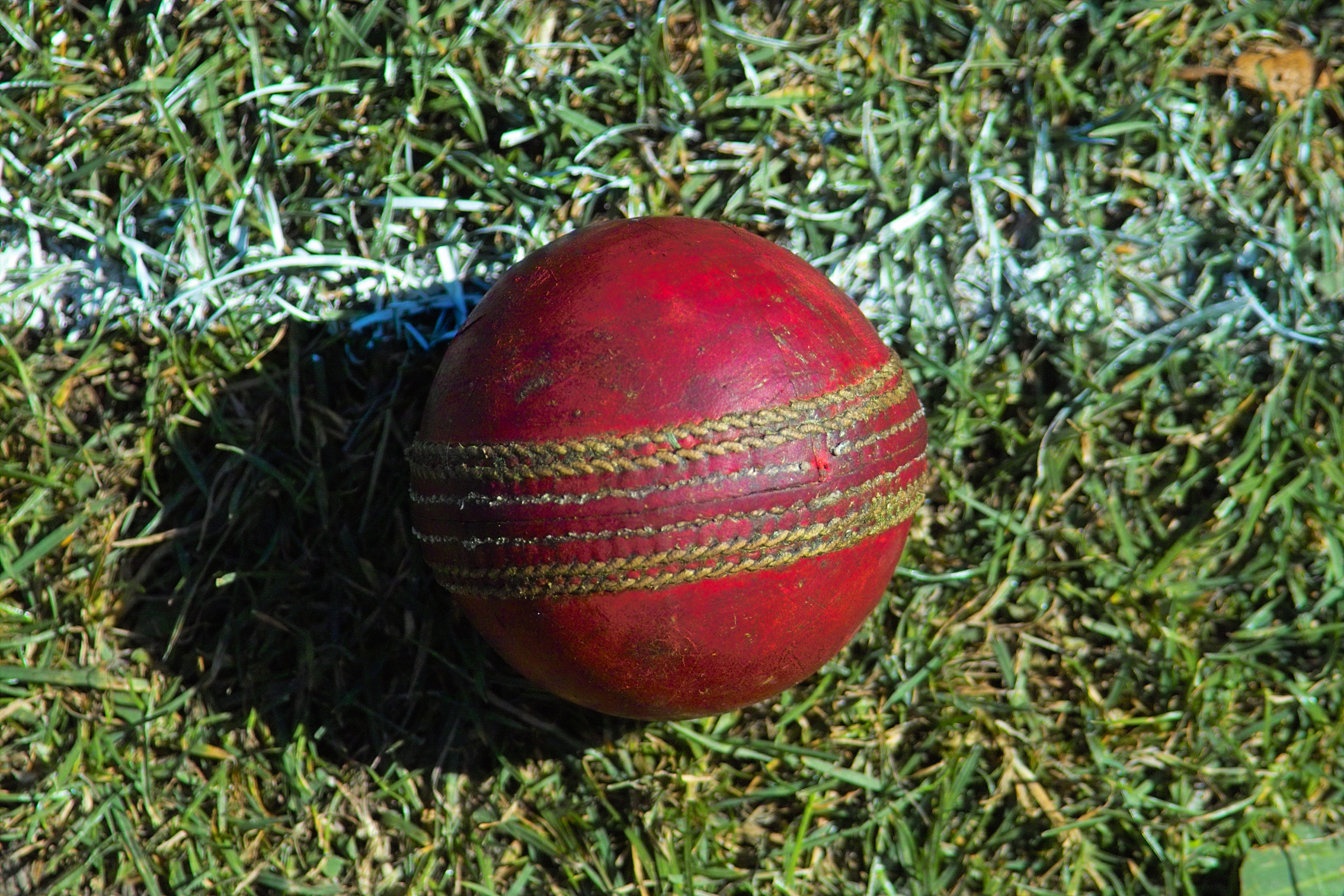
(Creative Commons picture)
As for his coaching, he was heavily involved with the Dukhiram Coaching Center in Calcutta; named after another legendary figure in Bengal sports-Sir Dukhiram Majumder.
The story goes that a 10-year-old Sourav Ganguly went to that coaching and seeing that he is left handed, Kamal-Da ensured that he got training from the ‘right’ people.
Kamal-Da passed away on December 1995; just months before Sourav’s heroic debut hundred at Lord’s.
He surely would have enjoyed watching it; and perhaps would have loved to give some expert’s comments on Sourav’s historic effort.





























































































